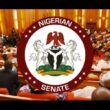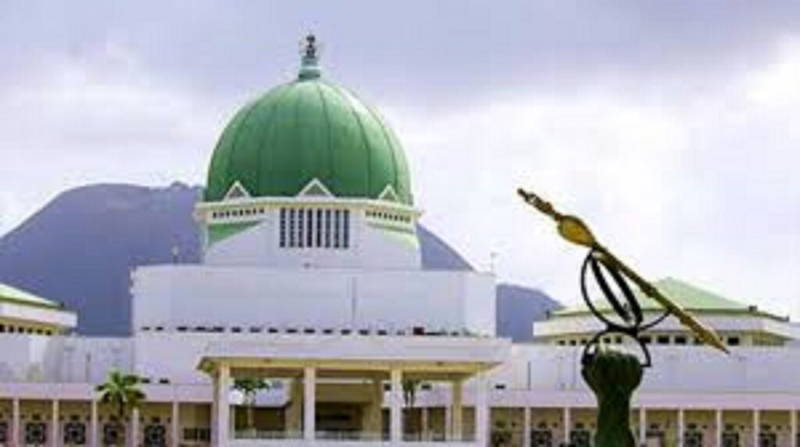The National Assembly has assured Nigerians that it will carefully examine the recently proposed tax reform bills to ensure they align with public interests. Lawmakers emphasized their commitment to representing the people’s desires and ensuring the reforms benefit the nation as a whole.
Mixed reactions have greeted the proposals, with experts warning of potential economic challenges. Critics argue that some aspects of the bills could worsen the plight of ordinary citizens in an already challenging economic climate.
A senior development expert, Michael Ale, called the reforms “a grossly capitalist policy” that could deepen poverty, stating, “Tax reform will make the poor poorer and the rich richer.” Ale urged the government to focus on social welfare and an enabling business environment rather than introducing additional taxes.
The bills, submitted by President Tinubu on September 3, 2024, were developed based on recommendations from the Presidential Committee on Fiscal and Tax Reforms, chaired by Taiwo Oyedele.
They include the Nigeria Tax Bill 2024, Tax Administration Bill, Nigeria Revenue Service Establishment Bill, and Joint Revenue Board Establishment Bill. Among other changes, the reforms aim to streamline taxation, reduce the number of taxes, and improve administrative efficiency.
Experts like Dr. Muda Yusuf, head of the Center for the Promotion of Private Enterprise (CPPE), highlighted both the positive and concerning aspects of the bills. He praised the harmonization of tax systems and the proposed increase in states’ share of Value Added Tax (VAT) from 50% to 55%. However, Yusuf warned against provisions such as allocating 60% of VAT revenue based on derivation, which he believes could fuel political and economic tensions.
“This provision could create a sense of disadvantage among certain regions due to economic disparities,” he said, advocating for more inclusive consultations to refine the bills.
Financial analysts, however, defended the derivation-based VAT model. Clifford Egbomeade, a public affairs expert, argued that it encourages states to improve their business environments and aligns with fiscal federalism principles.
Similarly, Engr. Akin Olaniyan compared the model to the resource-sharing practices in the oil-producing Niger Delta, emphasizing fairness and equity in revenue distribution.
Meanwhile, the Manufacturers Association of Nigeria (MAN) expressed optimism about the reforms, with its Director General, Segun Ajayi-Kadir, stating, “If all the recommendations are implemented, Nigeria will have one of the best tax reviews on the continent.” He praised the proposed reduction of over 60 existing taxes to fewer than 10 and the creation of an ombudsman to ensure accountability.
Despite the optimism, caution remains the prevailing sentiment. Both Dr. Yusuf and Ale stressed that introducing new taxes in the current economic climate would exacerbate hardships for businesses and citizens. They urged the government to prioritize efficient tax collection and progressive policies over imposing additional burdens on the populace.










